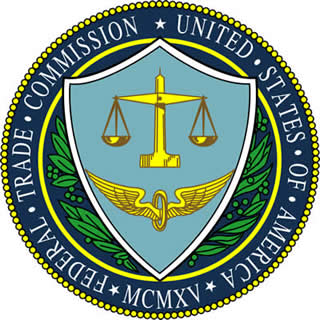Your Details
Your Details
|
Reviewed By Andreas Zabczyk
Gem Treatment Disclosure
Federal Trade Commission FTC Logo
The Federal Trade Commission (FTC) of the United States has a long tradition of protecting consumers by setting trade regulation rules that define unfair, deceptive or fraudulent practices. The FTC rules have the force of law and are enforced by the Bureau of Consumer Protection. While the FTC regulations affect American businesses, they can also affect foreign businesses that sell to American consumers via the Internet. Many reputable businesses around the world take heed of the FTC regulations since they set a standard for what counts as "fair play" in the business world. In our own business we pay special attention to the FTC guidelines regarding gemstones, especially sections 23.22 through 23.26. Our goal is to fully comply with and operate well within the FTC guidelines. One of the most important sections of the FTC guide on jewelry concerns the disclosure of gemstone treatments:
It is our policy to disclose all gemstone treatments, even if not required by the FTC rules. To take one example, the color of blue topaz is produced by irradiation. The treatment is permanent and there is no special care required as a result of this treatment. Since virtually all of the blue topaz on the market is irradiated, the treatment does not have a significant effect on the stone's value. However, we think that the consumer ought to be informed of the treatment nonetheless. Many types of gemstones are routinely heat treated to improve their color and/or clarity. Examples include tanzanite, morganite and apatite. Since heat treatment of these varieties is typical rather than exceptional and does not affect the care or value of the stone, the FTC rules do not require disclosure. But in our view, a reputable gem dealer should disclose these treatments regardless of the FTC rules. It is not a good idea for gem dealers to try to select which treatments need to be disclosed and which need not. It is much better for the consumer to foster an environment where all of the available information about a gemstone is disclosed when it is offered for sale. For example, the FTC guidelines do not require disclosure of the country of origin of a gemstone that is offered for sale, but this information is of great interest to many buyers. So while the FTC guidelines on gemstones offer significant consumer protection, in our view, a reputable gemstone dealer should go much further in disclosing information to the customer. |
